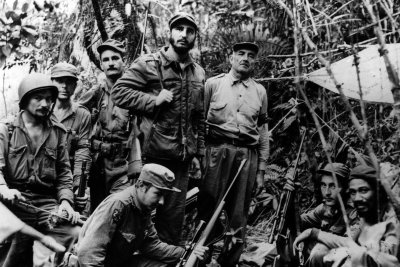Topic: E.M. Forster
Edward Morgan Forster OM, CH (1 January 1879 – 7 June 1970), was an English novelist, short story writer, essayist and librettist. He is known best for his ironic and well-plotted novels examining class difference and hypocrisy in early 20th-century British society. Forster's humanistic impulse toward understanding and sympathy may be aptly summed up in the epigraph to his 1910 novel Howards End: "Only connect".
Forster was born into an Anglo-Irish and Welsh middle-class family at 6 Melcombe Place, Dorset Square, London NW1, in a building that no longer exists. He was the only child of Edward Morgan Llewellyn Forster and Alice Clara "Lily" (née Whichelo). His father, an architect, died of consumption on 30 October 1880. Among Forster's ancestors were members of the Clapham Sect. He inherited £8,000 (£659,300 as of 2011), from his paternal great-aunt Marianne Thornton (daughter of the abolitionist Henry Thornton), who died on 5 November 1887. The money was enough to live on and enabled him to become a writer. He attended the famous public school Tonbridge School in Kent as a day boy. The theatre at the school is named after him.
At King's College, Cambridge, between 1897 and 1901, he became a member of a discussion society known as the Apostles (formally named the Cambridge Conversazione Society). Many of its members went on to constitute what came to be known as the Bloomsbury Group, of which Forster was a peripheral member in the 1910s and 1920s. There is a famous recreation of Forster's Cambridge at the beginning of The Longest Journey.
It uses material from the Wikipedia article "E.M. Forster."












